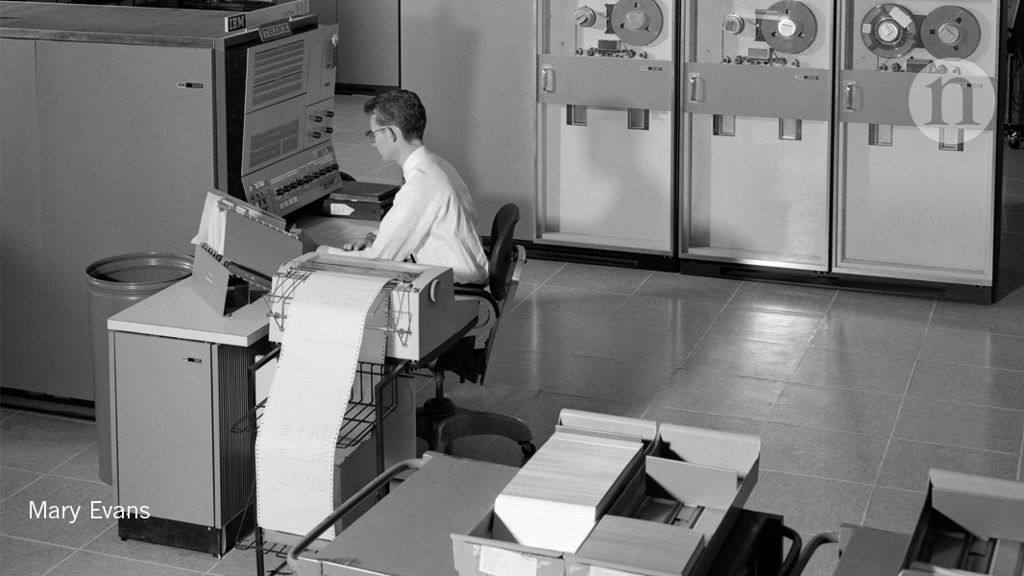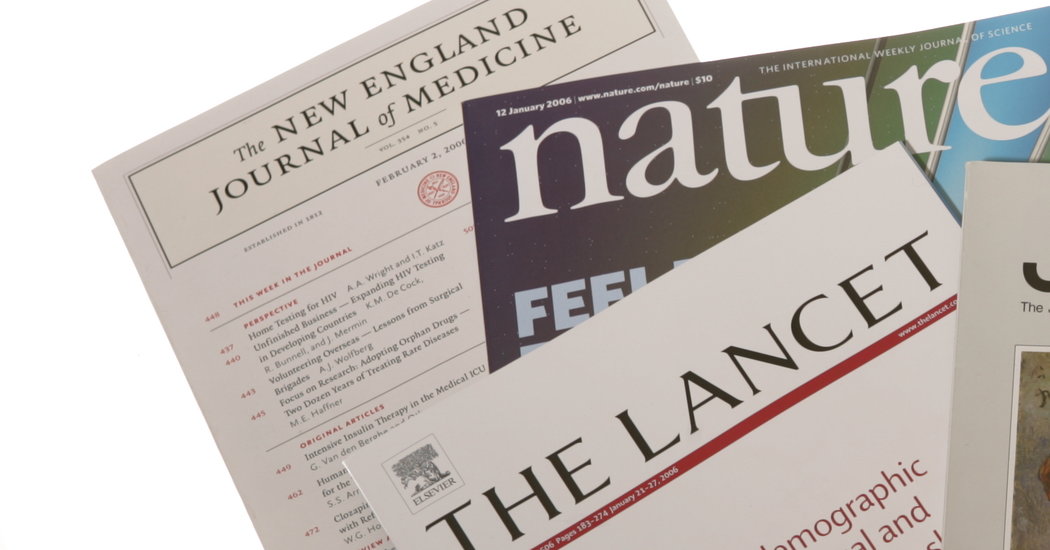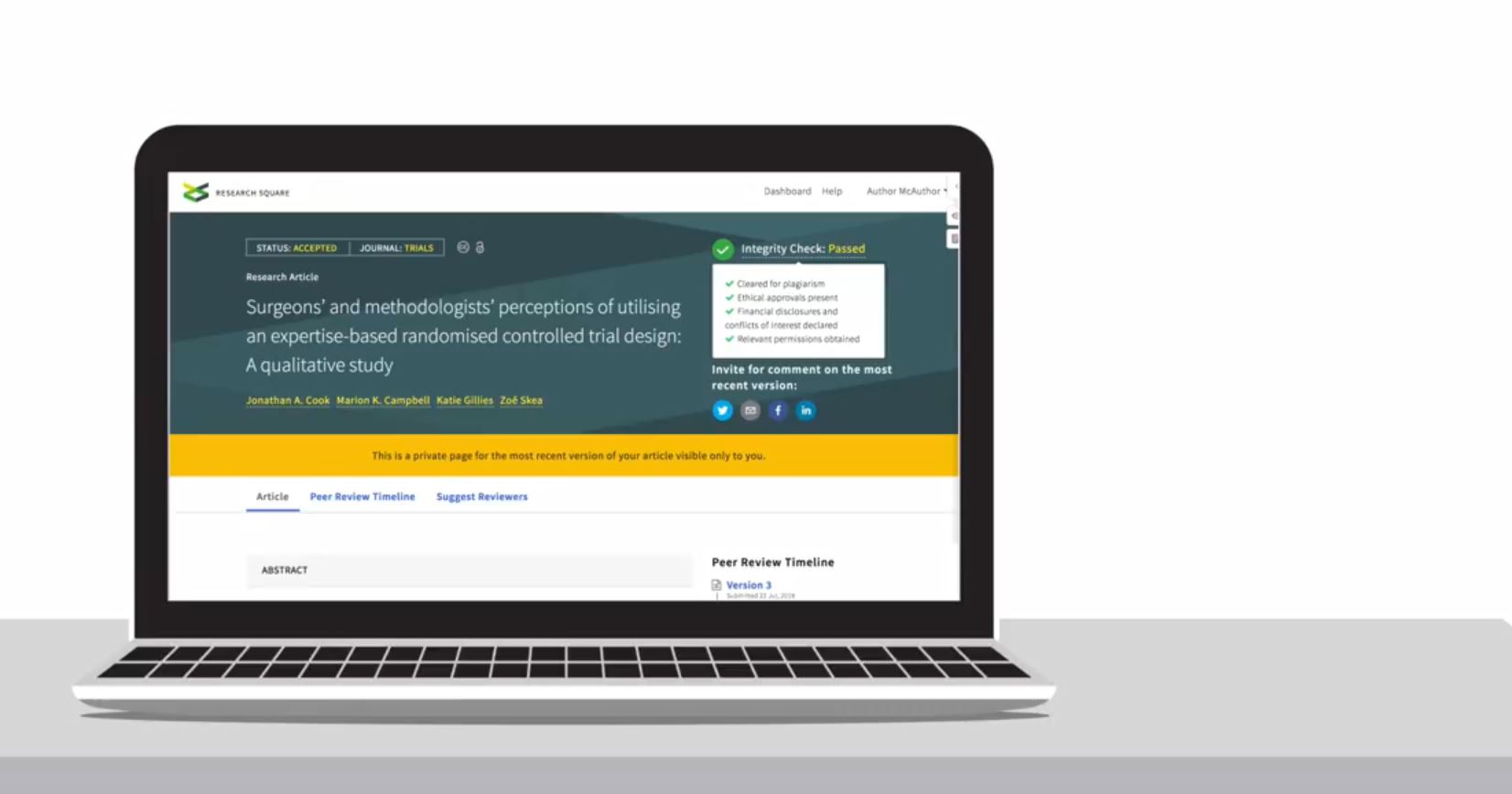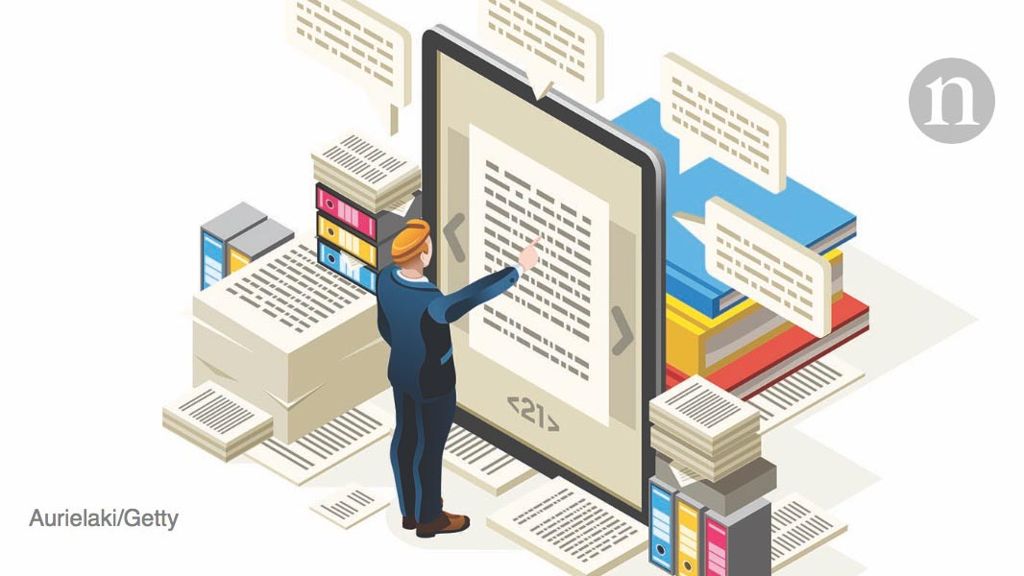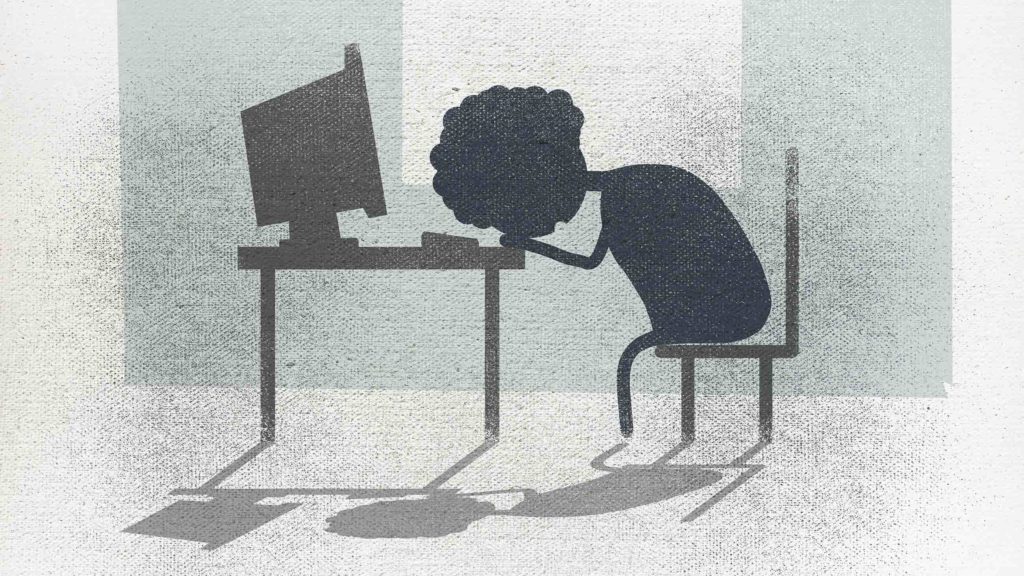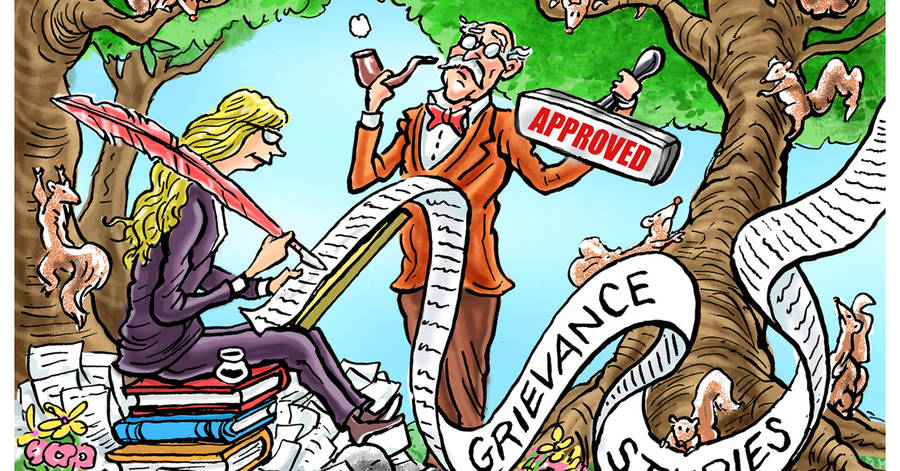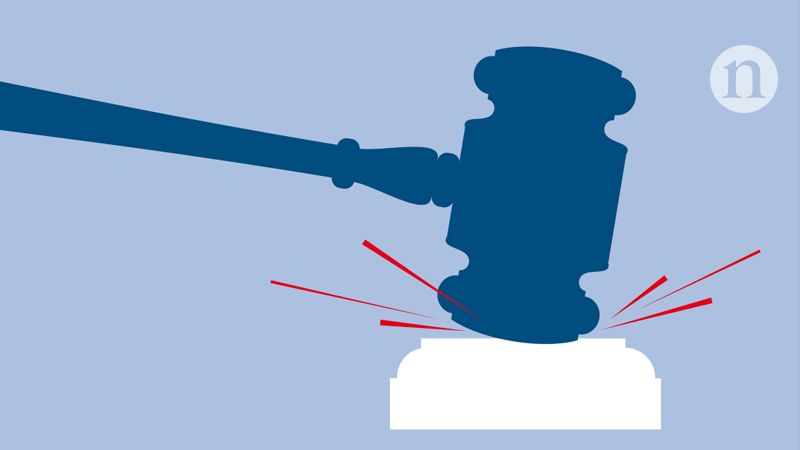AI Peer Reviewers Unleashed to Ease Publishing Grind
Automated tools could speed up and improve the review process, but humans are still in the driving seat. Most researchers have good reason to grumble about peer review: it is time-consuming and error-prone, and the workload is unevenly spread, with just 20% of scientists taking on most reviews. Now peer review by artificial intelligence (AI) is promising to improve the process, boost the quality of published papers — and save reviewers time.
